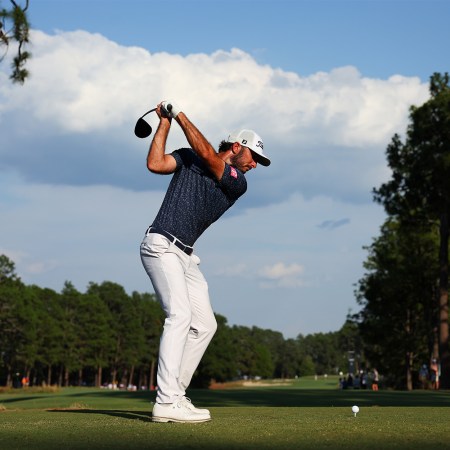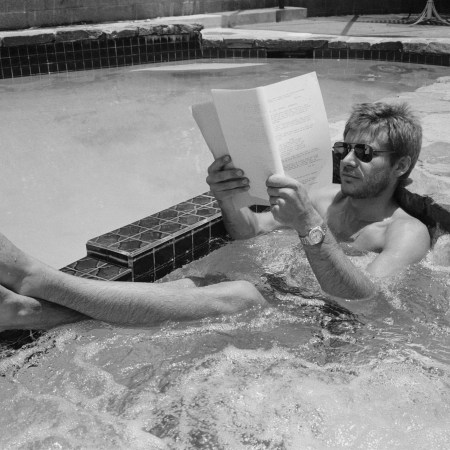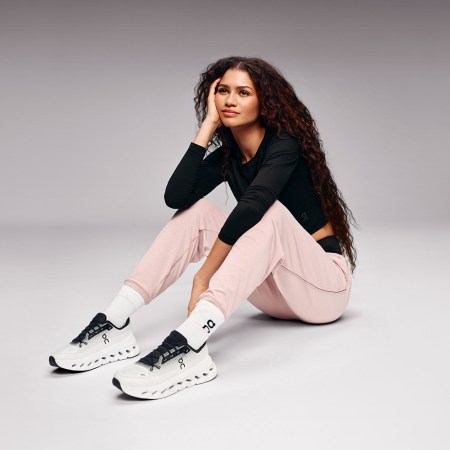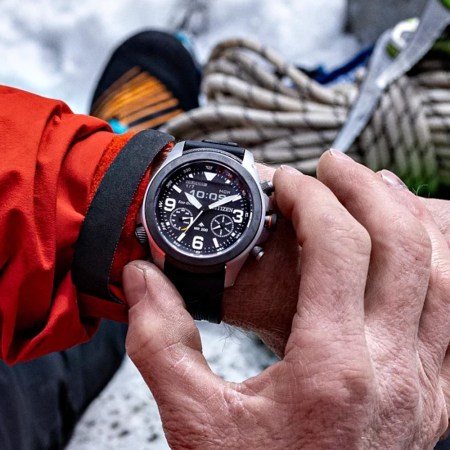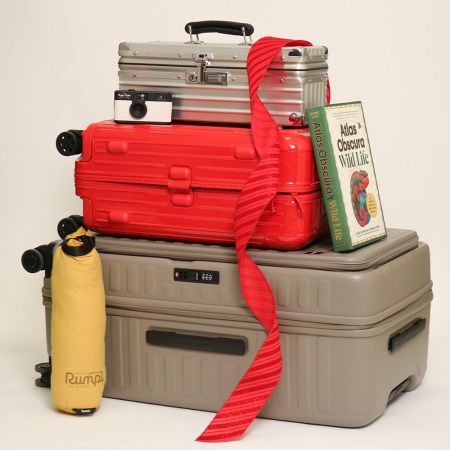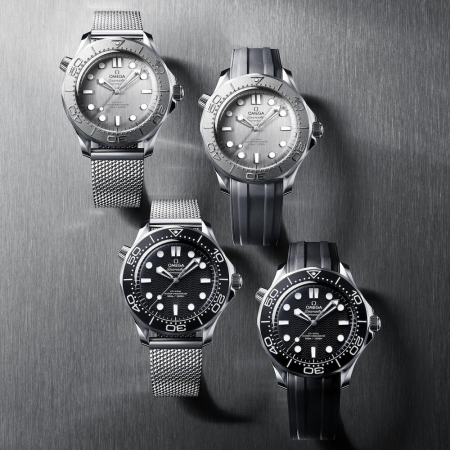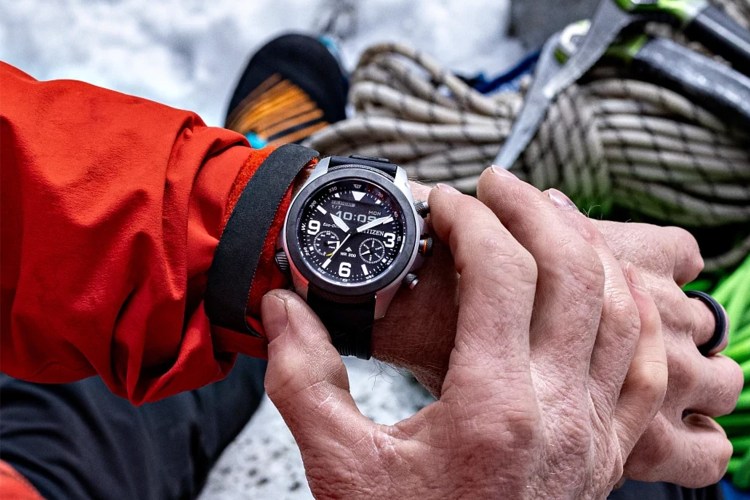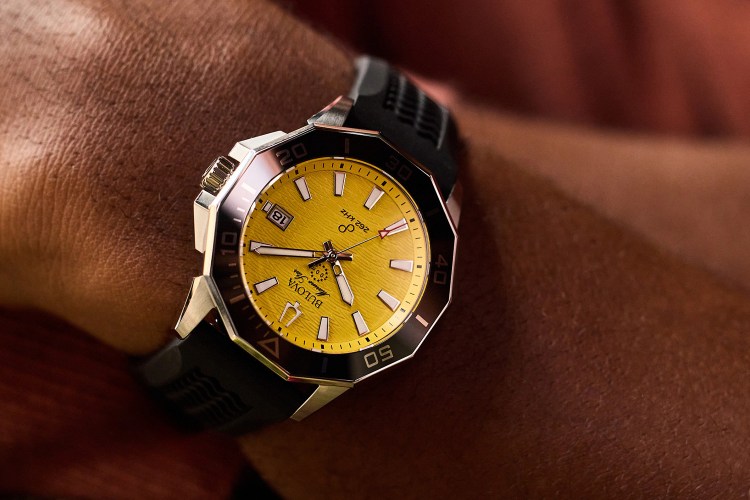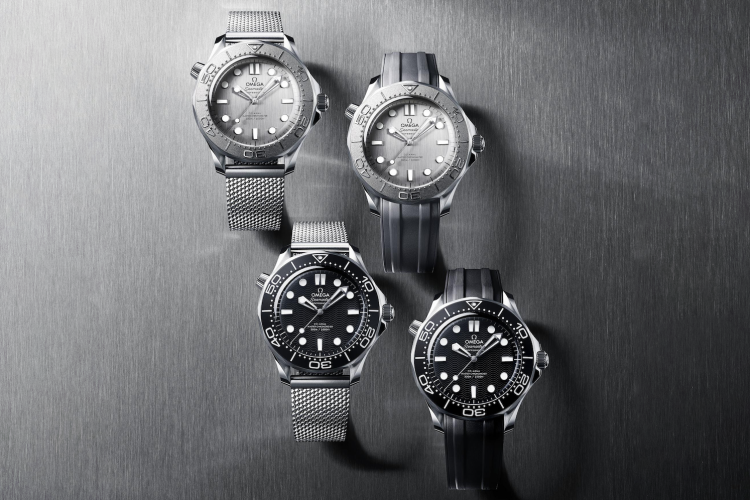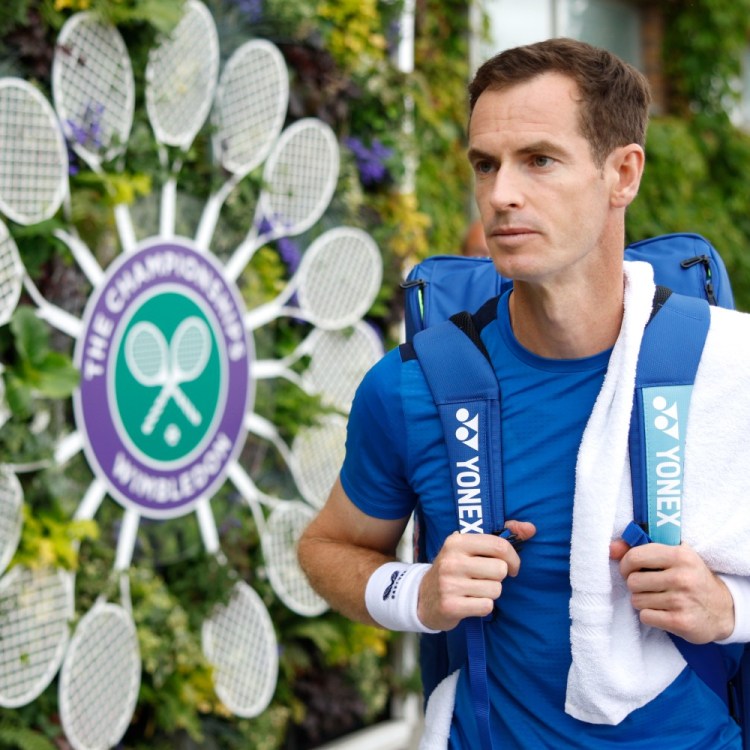I was at a wedding a few weeks ago, powering through cocktail hour chatter, when I met a former training mate of swimmer Ryan Lochte, the 12-time Olympic medalist. This man hit me with an absolute bomb: Did you know all of Michael Phelps’s records are broken? Some of his Olympic times wouldn’t even win in today’s NCAA.
As quick as he came, this guy got pulled off into a separate conversation, and I was left reeling from this revelation, vowing to visit a search engine the first chance I got.
Like most Americans, I maintain a casual, yet opportunistic relationship to the Olympics. I cheer our country’s best for two weeks every four years, but otherwise don’t give them much mental real estate. I certainly haven’t thought too much about Phelps since he said goodbye eight years ago in Rio. Why would I need to? His GOAT status seemed sealed. His 16-year career wasn’t just perfect, it was preposterous — Phelps retired with more personal medals than 161 countries.
But the World Aquatics record book tells a surprising story. These days, Michael Phelps’s name only appears twice on the male list, and each time as part of a relay team (the 4×100 freestyle relay at the 2008 Beijing Games; and the 4×200 freestyle relay at the World Championships in Rome, a year later). What happened? How is modernity already breathing down the back of an American legend?

Phelps Set the Standard
Back in 2008, Scientific American ran an article entitled “What Makes Michael Phelps So Good?” Among their key findings, they identified the then-23-year-old had a number of unique attributes:
- Hyper-long wingspan of 80 inches
- Size 14 feet that act as flippers
- Perfect stroke mechanics (described as “locomotive genius”)
- Double-jointed range of motion
- Low lactic acid production
He was a freak, in other words. Built to swim. But equally important was Phelps’s training protocol — and the guidance, creativity and tough love of his coach, Bob Bowman, whom Phelps met at the North Baltimore Aquatic Club in the mid-1990s.
In a 2003 guest article for Swimming Technique, Bowman discussed micro-cycles of high-mileage training (up to 80,000 meters in the pool a week) and making sure Phelps did “dryland” training (famously incorporating medicine-ball throws, slams and squats, for core stability). He also had Phelps doing unique 100-meter repeats, in which he’d have to pull himself out of the water halfway through the repetition…then finish the final 50 meters after performing a block start.
But the duo emphasized kicking, above all. A quarter of Phelps’s workouts were devoted to kicking; and in his premiere event, the 200 butterfly, he never stopped kicking. Look at his legs next to those of his competitors in this clip. In every event, Phelps was able to stay underwater longer, where there’s less resistance…which helped him develop those insurmountable leads.
Only now that lead has shrunk. Phelps suddenly seems more human than dolphin.

The Butterfly Effect
There are plenty of plausible reasons for why swimming has gotten so much faster at the Olympic, collegiate and high school levels: the rise of specialization, a growing distaste for contact sports, more attention and funding for NCAA swim programs.
Widespread access to winning technique has got to be on that list, too. For years now, any coach or young trainee has been able to log onto YouTube and learn dolphin-kicking from an Olympian. Or watch a 12-minute breakdown of Phelps’s perfect butterfly. Or livestream swim meets via Facebook, X or SwimSwam. Swimmers can also now watch themselves over and over again. Form is incredibly important in swimming (more so than in running). Swimmers of yore didn’t have the constant, cheap, high-res access to video that athletes do today.
And then there’s Phelps himself — the quality of his sport has risen on account of him. Phelps wasn’t just dominant in the pool; for thousands of kids across America and the world, he was a beacon. A god. His success has almost certainly attracted fantastic athletes to the sport and kept them there.
Besides, the very mentor that coached him to 23 Olympic gold medals stuck around to guide the next generation. The very last of Phelps’s records to fall — his mark in the 400m individual medley — was bested by the young the Frenchman Léon Marchand, who swam for Bowman at Arizona State University. That’s right: Marchand moved from Toulouse to Tempe after a successful cold email to Bowman (detailed here, it’s an awesome story). He won 10 NCAA titles under the tutelage of Phelps’s iconic coach.
Does that mean that vintage Phelps couldn’t beat Marchand today? No, of course not. (This is the sort of silly hypothetical that launched that Rocky Balboa reboot.) All athletes can do is train to their eras — which leads us to the final puzzle piece for Phelps. Who would ever bet against his training? He might’ve been one of the most diabolically dedicated athletes in American history, willing to work crunching, six-day training weeks, month after month, year after year. Bowman once said that it was only one day every six weeks that Phelps would lose his intensity, oh so momentarily. Then he’d go back to doing gold medalist things.
He was locked in from the age of 11 to 31. Good for all the young guns who are rewriting the record book. Wherever Phelps lands on the lists, we’ll have memories like this forever. Even us casuals.
Whether you’re looking to get into shape, or just get out of a funk, The Charge has got you covered. Sign up for our new wellness newsletter today.

